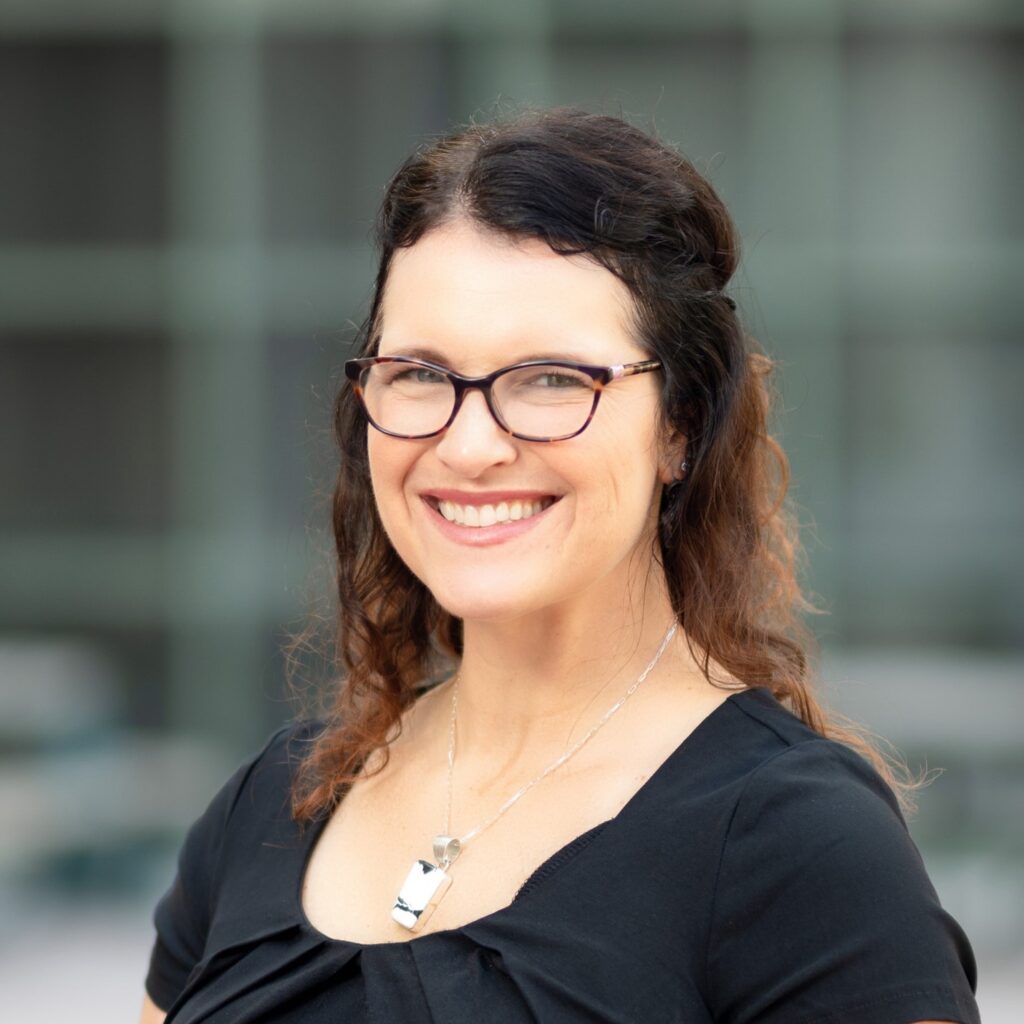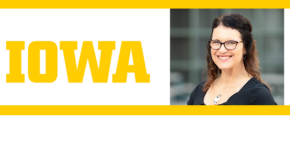 Women are still face divides in the workplace.
Women are still face divides in the workplace.
Beth Livingston, Ralph L. Sheets assistant professor of industrial relations at the Tippie college of business at the University of Iowa, develops a way to combat this.
Beth A. Livingston is the Ralph L. Sheets Associate Professor of Industrial Relations at the University of Iowa’s Tippie College of Business and the faculty director of the Dore-Tippie Women’s Leadership program. Sher earned her MBA from the University of Kentucky and Ph.D. from the University of Florida. She studies human resources, gender and diversity, and the management of work and family in the interest of family well-being. Her research has been highlighted in the New York Times, NPR, and the Harvard Business Review, and she has been published in multiple top academic journals. Livingston has also done executive education, speaking engagements, and consulting for companies and non-profits such as Accenture, Deere & Co., Yves Saint Laurent Beauty, Allsteel, and Hollaback!
Tina Opie is an Associate Professor in the Management Division at Babson College. After a career as a banker and management consultant, she earned her Ph.D. from New York University’s Stern School of Business and also earned her MBA from the Darden School of Business. Her research focuses primarily on how organizations can create workplaces that successfully leverage individual difference and convey respect for individual contributions. She also studies whether discrimination against overweight people can be reduced by abandoning a focus on appearance and adopting a focus on health.
Move on From Leaning In
Why haven’t Black and white women made larger collective advances in the workplace? We are fighting similar battles for things like paid leave and anti-harassment policies. Yet in the year 2023, we are frustratingly far from where we need to be. Shared Sisterhood is a new theoretical perspective that lays out a comprehensive, evidence-based plan for how to bridge what divides us and powerfully work together toward common goals.
We deliberately focus on collective action compared to individual action to achieve the goals of equity at work. Study after study has found that individual actions like becoming a better negotiator are not enough to overcome workplace cultures that perpetuate wage inequity. Rather, it’s when women take collective action that change is made. Specifically, we note that existing theories to achieve racial and ethnic diversity at work often focus only on individual actions or on systemic change. Shared Sisterhood recognizes that individuals maintain and contribute to systems, and we must understand a multilevel approach to equity if we want to create change.
Our three practices: dig, bridge, and collective action: reflect this multilevel approach. In order to create collective action to make change at work, you must bridge across differences, building authentic connections with others. When attempting to bridge connections with colleagues from different racial backgrounds, you first must “dig” into your own preconceptions about power and race and gender, which is an introspective, individual-level process. These bridges require trust, vulnerability, empathy, and willingness to take a risk. We argue that white colleagues, for instance, may first need to dig into empathy, while historically marginalized colleagues may need to first develop trust, in order to build the authentic connections that foment change.
Our research on Shared Sisterhood demonstrates that individual introspection is not enough, and neither is an ostensibly inclusive climate. Rather, we need to link these components together via authentic, trusting connections in order to create the equity at work that we all deserve.

Comments
2 responses to “Beth Livingston, University of Iowa – Move on From Leaning In”